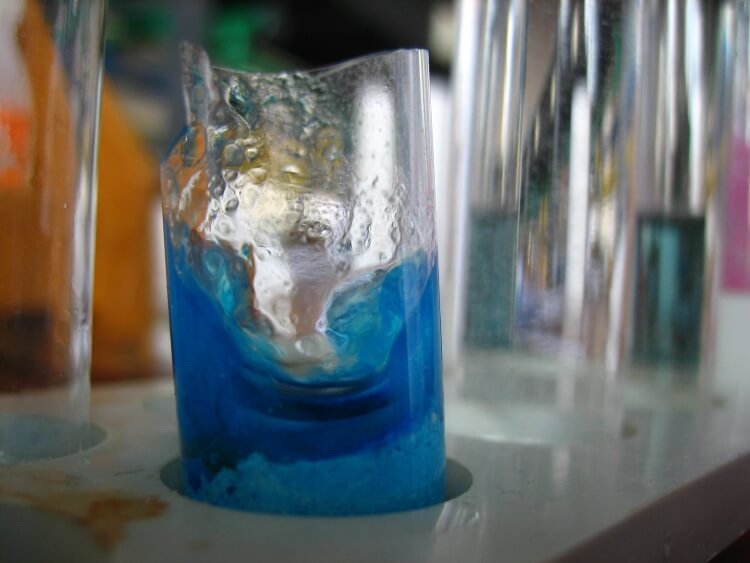Yeast
Recombinant Rabbit IL-1 Receptor Antagonist
Recombinant Rabbit IL-1 Receptor Antagonist
IL-1F3
IL-1RA
Ambient
-20 °C
Protein
17.0 kDa
100009558
Lyophilized
recombinants
Oryctolagus cuniculus
Recombinants or rec. proteins
SGKRPCRMQA FRIWDVNQKT FYLRNNQLVA GYLQGPNAKL EERIDVVPLE PQLLFLGIQR GKLCLSCVKS GDKMKLHLEA VNITDLGKNK EQDKRFTFIR SNSGPTTTFE SASCPGWFLC TALEADQPVS LTNTPDDSIV VTKFYFQEDQ (150)
The Interleukin-1 family (IL-1 family) is a group of 11 cytokines, which plays a central role in the regulation of immune and inflammatory responses to infections or sterile insults. Rec. E. coli interleukin-1 for cell culture or antibody production.
Rabbits are used for polyclonal antibody production by kingfisherbiotech. Rabbit antibodies are very stable and can be stored for several days at room temperature. kingfisherbiotech adds sodium azide and glycerol to enhance the stability of the rabbit polyclonal antibodies. Anti-human, anti mouse antibodies to highly immunogenic selected peptide sequences are" monoclonal like" since the epitope to which they are directed is less than 35 amino acids long.
The antagonist receptor ligand binding will be in contrast with agonist activity. kingfisherbiotech produces more antagonist and receptor related products as 1.The receptors are ligand binding factors of type 1, 2 or 3 and protein-molecules that receive chemical-signals from outside a cell. When such chemical-signals couple or bind to a receptor, they cause some form of cellular/tissue-response, e.g. a change in the electrical-activity of a cell. In this sense, am olfactory receptor is a protein-molecule that recognizes and responds to endogenous-chemical signals, chemokinesor cytokines e.g. an acetylcholine-receptor recognizes and responds to its endogenous-ligand, acetylcholine. However, sometimes in pharmacology, the term is also used to include other proteins that are drug-targets, such as enzymes, transporters and ion-channels.
